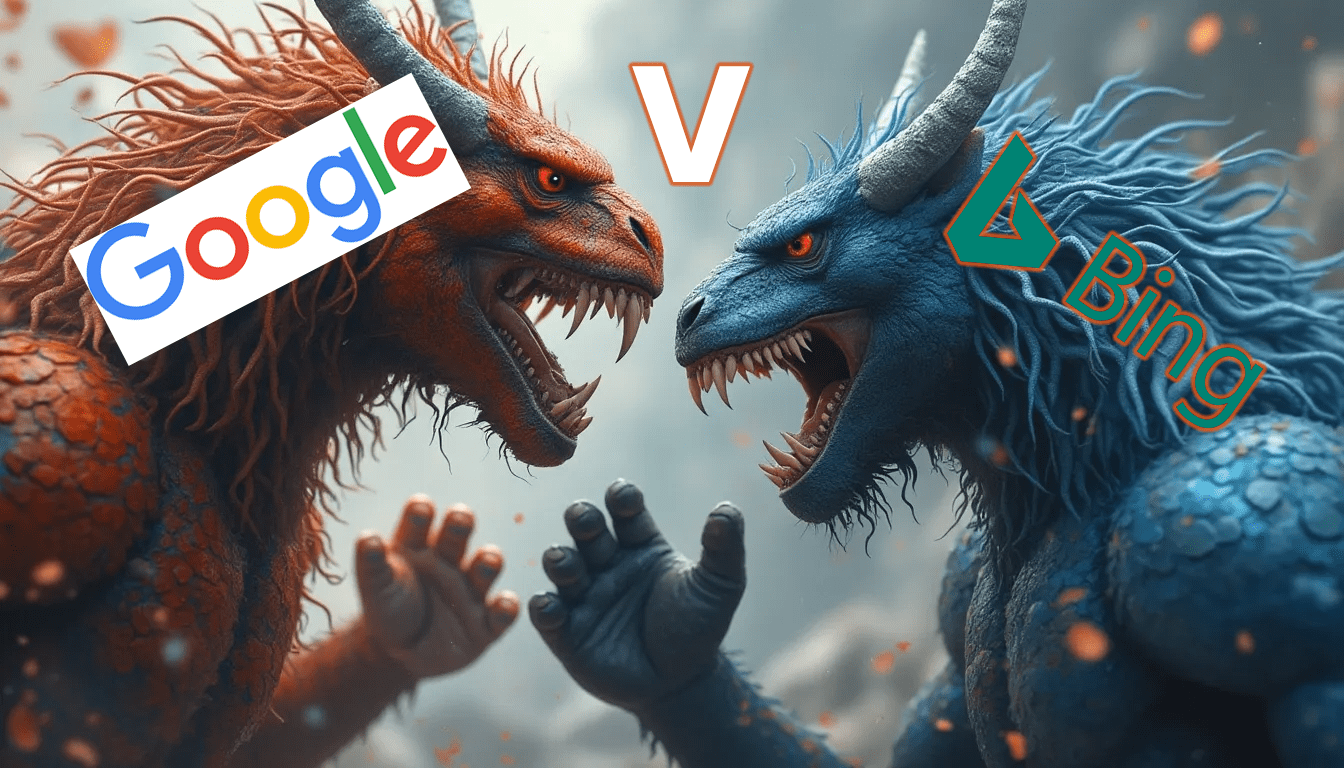As the landscape of digital marketing continues to evolve, understanding the nuances between traditional SEO rankings and AI-driven rankings becomes essential for businesses seeking to improve their online visibility. While both elements aim to enhance search engine performance, they operate on fundamentally different principles. This article delves into the key distinctions between SEO rankings and AI rankings, exploring their characteristics, methodologies, and impacts on search visibility.
Understanding SEO Rankings
Traditional SEO Explained
Search Engine Optimisation (SEO) involves a set of strategies and practices aimed at improving a website’s visibility on search engine results pages (SERPs). Traditional SEO places significant emphasis on:
- Keyword Optimisation: The practice of aligning website content with specific search terms. Marketers focus on integrating high-traffic keywords naturally within the content, titles, meta tags, and image alt texts.
- Link Building: Acquiring backlinks from authoritative websites to establish credibility. High-quality backlinks signal to search engines that content is valued by others, bolstering site authority.
- On-Page SEO: Optimising individual pages to increase their relevance. This includes adjusting content structure, using appropriate header tags, and ensuring mobile-friendliness.
- Technical SEO: Ensuring that a website’s backend is optimised for crawling and indexing by search engines. This includes site speed, mobile responsiveness, and secure connections (SSL).
Limitations of Traditional SEO
While traditional SEO practices have proven effective, they often face limitations:
- Keyword Focus: SEO techniques can become overly focused on specific keywords, leading to content that might rank well but fails to fulfil user intent effectively. This often results in a disconnect between what users are searching for and the content being provided.
- Reactive Adjustments: SEO strategies usually require manual adjustments based on algorithm updates and changing search behaviours, which can lead to slow adaptation to new trends.
- Static Evaluation: Traditional SEO often relies on static evaluations of content performance rather than dynamically assessing user interaction and context.
The Rise of AI Rankings
Understanding AI in Search
Artificial Intelligence (AI) refers to the simulation of human intelligence processes by computer systems. In the context of search engines, AI is used to enhance the relevance and precision of search results through sophisticated algorithms and data analysis. Key components of AI-driven rankings include:
- Machine Learning: Algorithms that learn from data and user interactions over time, allowing for continuous improvement in how search results are ranked based on user behaviour patterns.
- Natural Language Processing (NLP): The ability of machines to understand and interpret human language in a way that is both meaningful and contextually relevant. This helps search engines better grasp the nuances of user queries.
- User Intent Interpretation: AI systems inherently focus on understanding the intention behind a search query, making them capable of providing results that are not just keyword matches but contextually relevant answers.
Benefits of AI Rankings
AI-driven rankings offer several advantages over traditional SEO:
- Contextual Relevance: AI algorithms analyse a broader context surrounding a user’s query, including search history, geographic location, and real-time data, to deliver results that align with user intent.
- Dynamic Adaptability: AI models can adjust search results based on real-time user interactions and continually evolve to meet changing user preferences. This adaptability enables more relevant content to be prioritised over time.
- Enhanced User Experience: By focusing on delivering the most relevant content rather than merely optimising for keywords, AI rankings improve the overall user experience. Websites that effectively align their content with user interests are more likely to see higher engagement and satisfaction.
Key Differences Between SEO Rankings and AI Rankings
1. Algorithm Complexity
- SEO Rankings: Traditional algorithms focus primarily on matching keywords with search terms, assessing authority based on backlinks and on-page SEO practices.
- AI Rankings: Utilise highly advanced algorithms that analyse contextual relevance, user behaviour, and engagement metrics, leading to more nuanced evaluations of content quality and relevance.
2. Evaluation of User Intent
- SEO Rankings: May fail to recognise the true intent behind search queries and focus predominantly on keyword matching.
- AI Rankings: Assess user intent by analysing contextual data and previous interactions, which allows for a more accurate understanding of what the user is seeking.
3. Content Evaluation Metrics
- SEO Rankings: Prioritise keyword density, backlinks, and other traditional ranking factors while often neglecting engagement metrics.
- AI Rankings: Incorporate user engagement metrics like dwell time, click-through rates, and bounce rates into their evaluation, factoring how users interact with content to determine its relevance and quality.
4. Adaptation to Change
- SEO Rankings: Changes in search algorithms require manual adjustments to strategies, often resulting in a lag between industry trends and SEO implementation.
- AI Rankings: Dynamically adapt to changes in user behaviour and can provide immediate updates to search results based on real-time data analytics and machine learning.
5. Predictive Capabilities
- SEO Rankings: Often rely on historical performance data to inform future strategies.
- AI Rankings: Use predictive algorithms to forecast user behaviour and potential engagement trends, allowing marketers to adapt their content proactively.
Conclusion
The distinction between SEO rankings and AI rankings reflects the ongoing evolution of search technologies and user expectations. As AI continues to play a pivotal role in shaping search algorithms, businesses must adapt their strategies accordingly. This includes creating high-quality, contextually relevant content that prioritises user intent, enhancing site performance, and embracing dynamic, agile marketing approaches.
At Consiliuma, we understand the importance of incorporating both traditional SEO practices and AI-driven strategies to maximise your online visibility. By leveraging the strengths of both methodologies, we can help your business stay ahead in this competitive digital landscape.
Contact us today to learn how we can enhance your online presence and drive meaningful engagement!


